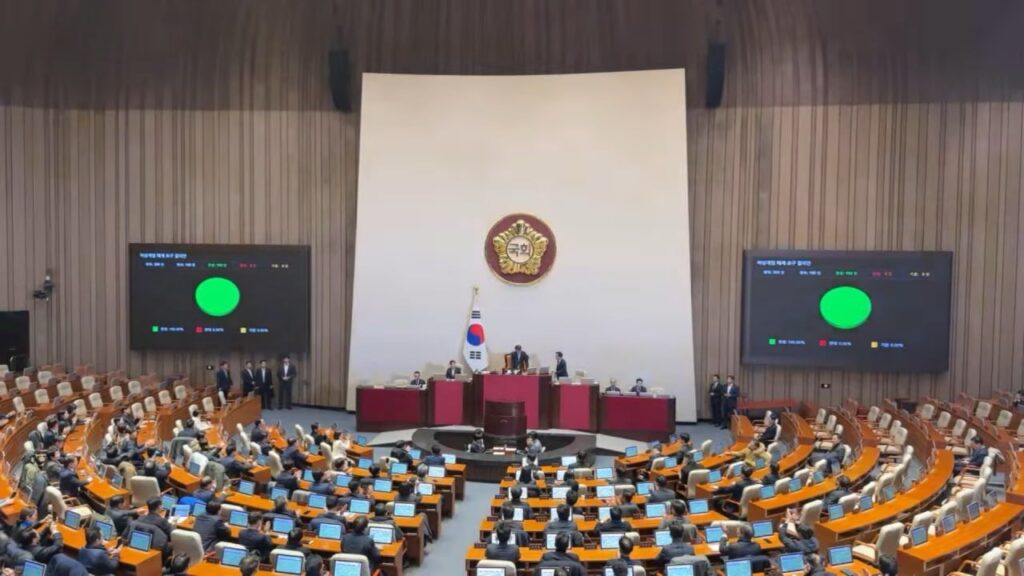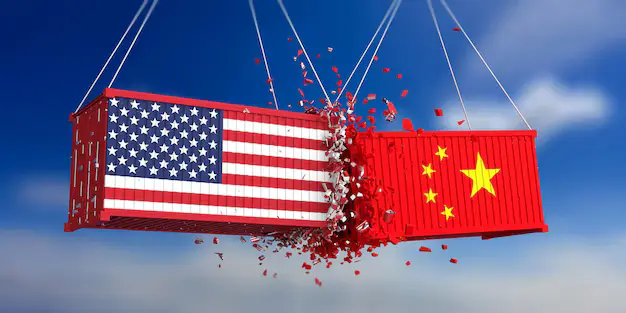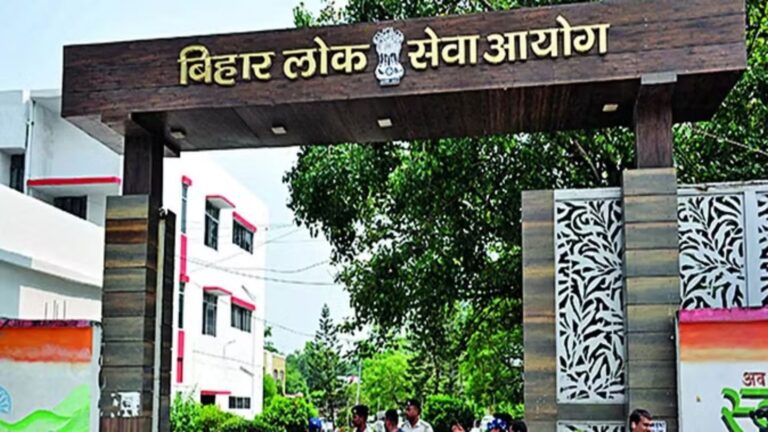
On December 3, 2024, South Korea found itself on the brink of political turmoil as its President, Yoon Suk-yeol, made an unprecedented move by announcing the imposition of martial law in the country. This led to a dramatic series of events where military forces were deployed, and civil unrest began to escalate. However, the situation took an unexpected turn when South Korea’s parliament successfully resisted this move, and the martial law was quickly lifted. This event, while defused for the moment, still raises several important questions, especially regarding its implications for South Korea’s future, its democracy, and its impact on global markets, particularly India.
What Happened in South Korea?
On December 3, 2024, President Yoon Suk-yeol attempted to consolidate his power by declaring martial law in an effort to deal with opposition parties he claimed were influenced by North Korea. He also accused the political parties of selling out to foreign influences, calling for the arrest of key political leaders. The military was sent into key government buildings, and it appeared that a coup d’état was imminent. However, South Korea’s parliament, in a dramatic turn of events, passed a motion rejecting the martial law. Members of parliament even risked their safety to break through barricades and prevent a military takeover.
The military’s involvement in this political crisis was split; some officers supported the President, while others began questioning the legitimacy of his actions. Amid growing protests from citizens, the military’s efforts to overthrow the government failed. However, this was not the end of the crisis, as the President’s attempts to undermine democracy left deep political tensions within the country. While the martial law has been lifted, many political analysts and citizens are still concerned about the future stability of South Korea.
The Historical Context of South Korea’s Political System
South Korea has a turbulent political history, with several instances of military takeovers and impeachments of sitting presidents. The most notable of these incidents includes the impeachment of Park Geun-hye in 2016 due to corruption charges, and the assassination of former presidents such as Park Chung-hee. This history has shaped the nation’s cautious approach to its democratic system, and the recent events have further damaged the public’s trust in its leadership.
In recent years, South Korea has struggled with a declining birth rate, which has placed a significant strain on its economy and social systems. With a rapidly aging population and political instability, South Korea faces mounting challenges in maintaining its position as an economic powerhouse in Asia.
Impact on India: Will India Benefit from South Korea’s Crisis?
The political crisis in South Korea has raised significant concerns in the global investment community. As the country grapples with its internal turmoil, many international investors have begun to reconsider their positions in South Korea. According to experts in the investment community, South Korea’s political instability, coupled with its declining population, makes it a less attractive destination for future investments. This has led to speculation that global investors might look to India as a safer alternative for business expansion.
India, with its growing economy, robust democratic institutions, and increasing foreign direct investment (FDI), is well-positioned to benefit from the situation in South Korea. As global markets face turbulence, India is emerging as a “safe haven” for investors looking for stability. India’s economy is already benefiting from its status as a growing market with a young workforce, which is in stark contrast to South Korea’s rapidly aging population.
In addition, India’s large consumer base, rising technological capabilities, and growing infrastructure make it an attractive investment destination. Major global players in the tech, manufacturing, and service sectors are increasingly looking to shift operations to India, especially in light of the recent instability in South Korea.
Also Read: Emergency Declared in South Korea: Shocking Developments Unfold
The Shift in Investment from South Korea to India
According to reports, many major investors are already starting to move their capital out of South Korea, fearing that the country’s political system may not be stable enough to guarantee returns. India, with its political stability and economic growth, is expected to see a significant inflow of investment in the coming months and years.
The Indian government has been proactive in implementing policies that attract foreign investment. Initiatives such as the “Make in India” program, the development of smart cities, and the focus on digital infrastructure have made India an attractive destination for international capital. Moreover, the growing demand for skilled labor, particularly in the technology sector, provides an additional incentive for global companies to establish a presence in India.
Conclusion
The recent political crisis in South Korea has exposed vulnerabilities in the country’s political system, which may have long-lasting effects on its economic future. While the immediate threat of martial law has subsided, the damage to South Korea’s democratic credentials and the political landscape remains significant. In contrast, India, with its growing economy and stable political environment, stands to benefit from this crisis as global investors seek safer and more stable investment options. The next few years could see a shift in the global investment landscape, with India emerging as a leading alternative to South Korea for international capital.
Disclaimer
The content is based on publicly available information and video reports. For Further Updates, Follow Us.
Follow US





